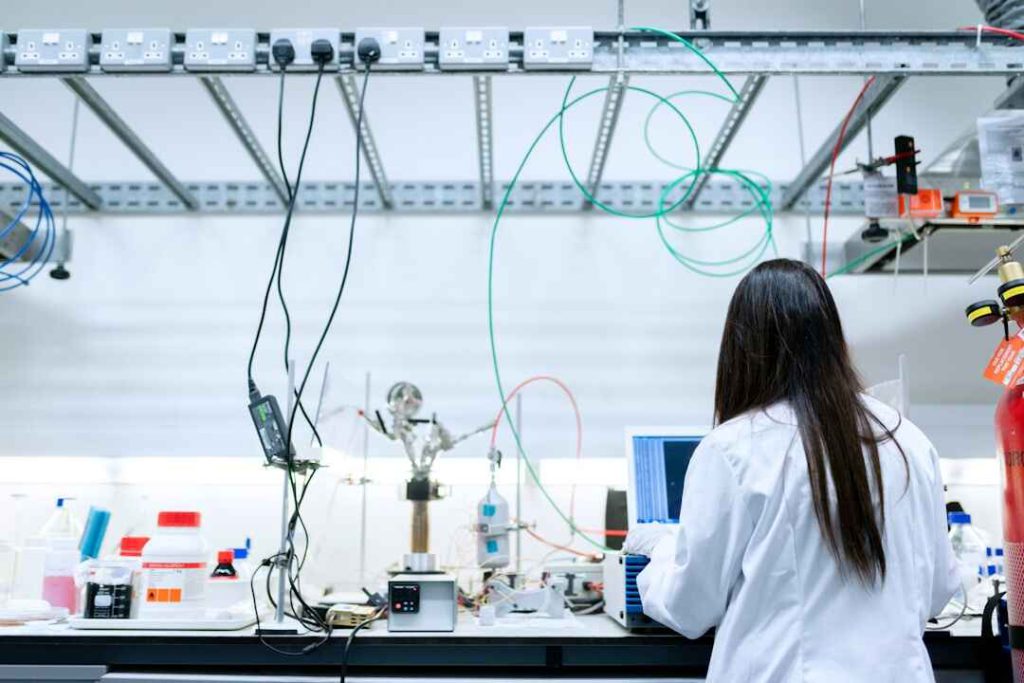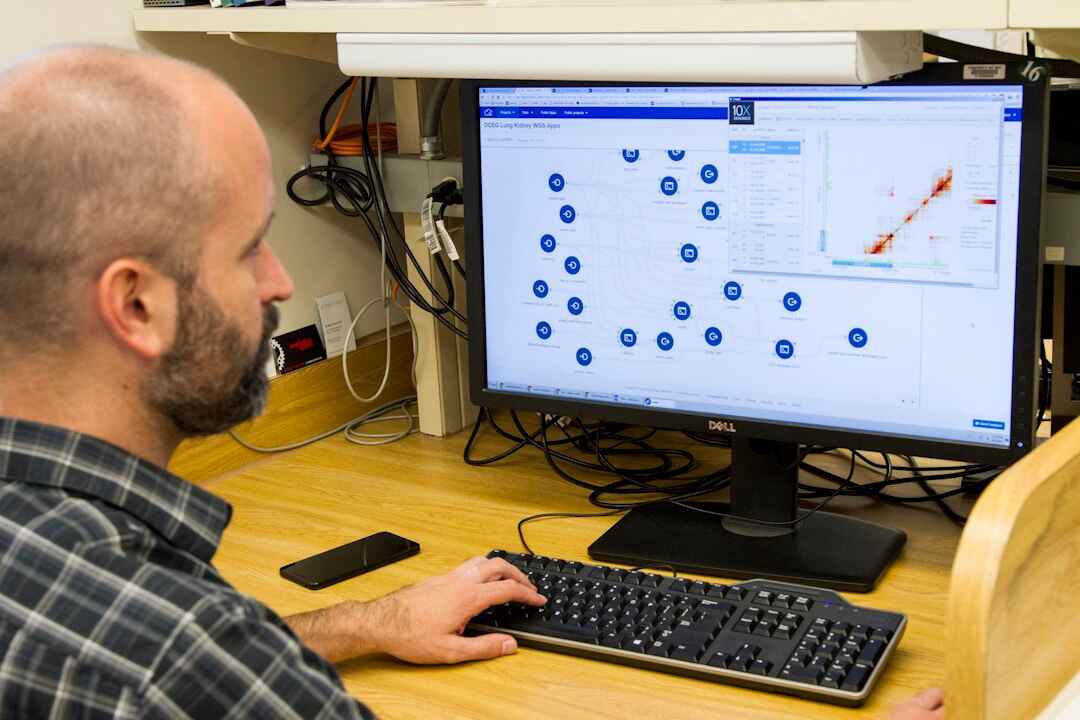Running a successful commercial laboratory requires attention to detail, efficiency, and an understanding of leveraging communication and marketing strategies. Clear internal communication, effective marketing, and streamlined operations are fundamental to creating a thriving lab business. Below, we will explore strategies to optimize these key areas and provide resources for success in commercial lab operations.
Effective Communication Strategies for Lab Teams
Effective communication within a lab is essential to maintaining workflow efficiency and reducing the risk of errors. Establishing clear channels for communication ensures that all team members are on the same page regarding lab procedures and client expectations. One solution is implementing a centralized platform that facilitates real-time staff communication in the lab or remotely.
Another important aspect is ensuring the communication tools are appropriate for the team’s needs. For instance, Voice over Internet Protocol (VoIP) systems can significantly improve communication by offering affordable and reliable phone services over the Internet. Understanding how VoIP works allows lab teams to make and receive calls from any location, supporting remote work and enhancing accessibility for employees and clients.
In addition to technological tools, fostering an open environment where staff feel comfortable expressing concerns and suggestions is equally important. Encouraging feedback helps identify communication bottlenecks, allowing the team to address them proactively. Regular meetings to review ongoing projects and updates further ensure that all members are informed of key developments.
Effective communication extends beyond the team and includes clear client interactions. Consistent messaging, setting expectations early, and providing timely updates all contribute to strong client relationships. Labs can create a more productive and professional environment by improving internal and external communication.
Marketing Your Commercial Lab: Best Practices
In a competitive market, a robust marketing strategy is crucial for attracting new clients and maintaining a strong reputation. A well-defined online presence is one of the most effective ways to reach potential clients in today’s digital age. Regularly updating the lab’s website and utilizing SEO best practices can ensure that the business is easily discoverable by those searching for relevant services.
Social media is another powerful tool for marketing your lab. Platforms like LinkedIn, Facebook, and Instagram are great opportunities to showcase expertise, share successes, and connect with a broader audience. Posting regularly about new services, customer testimonials, and industry insights can help establish the lab as a trusted leader in the field.
For labs focusing on niche markets, more specialized approaches can be beneficial. Engaging in Life Science digital marketing strategies, such as creating webinars or case studies, allows for targeted outreach. This method helps connect with specific groups who may require your lab’s specialized services, increasing visibility and trust within the industry.
Networking and partnerships also play a significant role in marketing. Collaborating with healthcare professionals, research institutions, and suppliers can create mutually beneficial relationships. These connections increase your lab’s credibility and open up opportunities for referrals and collaborative projects that can drive business growth.
Optimizing Lab Operations: Tools and Techniques

Optimizing lab operations ensures that all processes, from testing to reporting, run smoothly. Automation tools can be particularly beneficial for streamlining repetitive tasks, such as sample tracking and data entry. By reducing manual effort, these tools allow lab staff to focus on higher-value tasks, improving overall efficiency.
Inventory management systems are another critical component of optimizing lab operations. These systems can automatically track and reorder supplies, ensuring the lab never lacks necessary materials. Real-time tracking of inventory levels prevents disruptions in lab activities and helps reduce waste by optimizing stock usage.
Data management and reporting tools are equally important for ensuring test results are accurate and readily accessible. Cloud-based platforms provide secure and centralized storage for test data, making it easy for staff to access and collaborate. Furthermore, these platforms often feature real-time analytics that can help identify trends and areas for improvement, contributing to continuous optimization.
Ongoing employee training is essential for optimizing lab operations. Training staff to use new tools effectively and stay current with industry best practices ensures that the lab remains competitive. A well-trained team is more adept at handling complex tasks, managing workloads, and maintaining high standards of quality, all of which contribute to the lab’s overall success.
Overall, integrating effective communication, strategic marketing, and optimized operations is key to the success and growth of any commercial lab. By leveraging these strategies and continuously improving on each aspect, labs can enhance efficiency, attract new clients, and ensure long-term sustainability in a competitive industry.





Be First to Comment